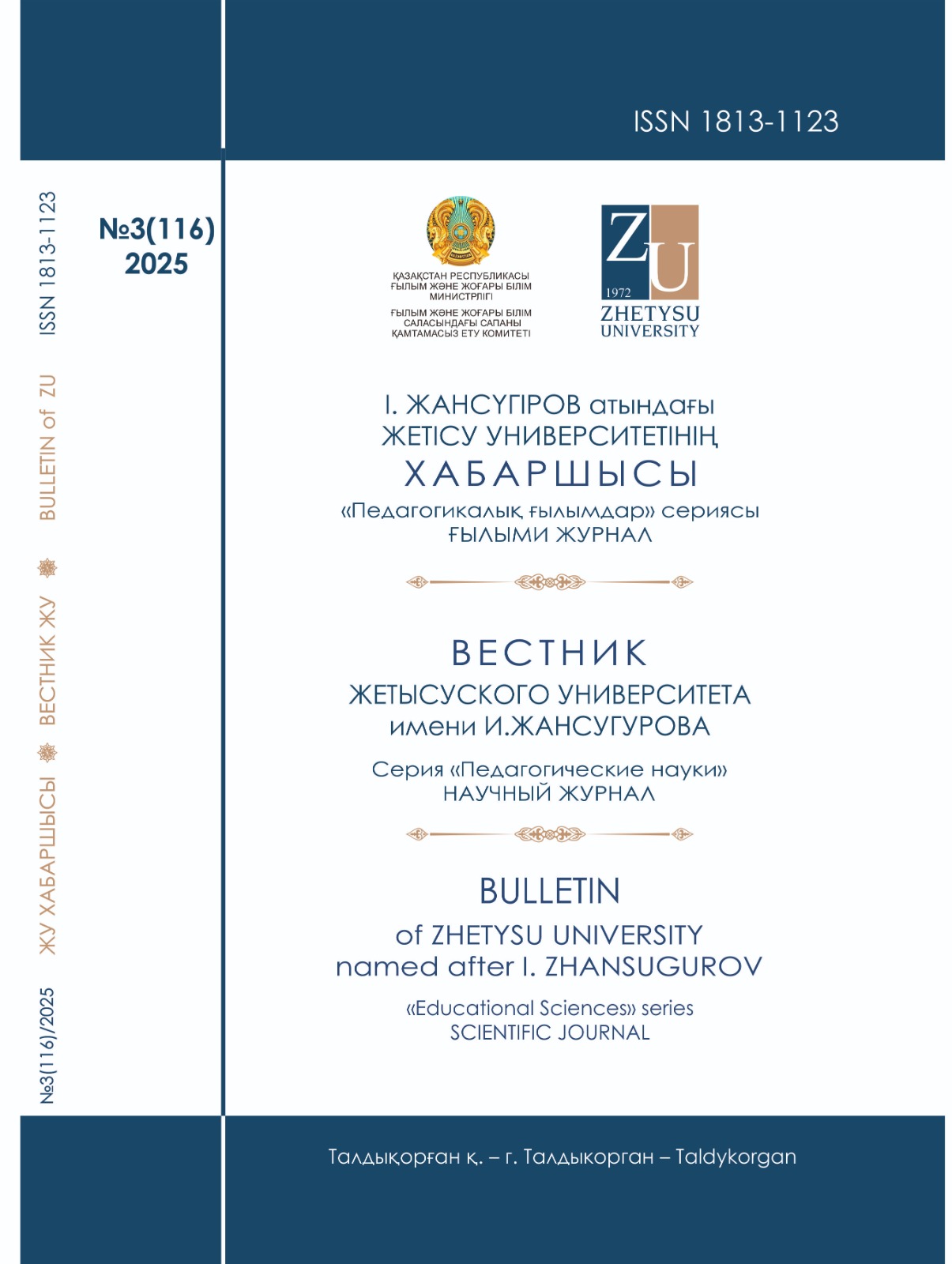RESEARCH COMPETENCE OF STUDENTS AND TEACHERS IN BIOLOGY WITHIN UPDATED EDUCATION SYSTEM
DOI:
https://doi.org/10.53355/ZHU.2025.116.3.001Keywords:
natural sciences, biology education, research competence, inquiry-based learning, pedagogyAbstract
This study investigates the current level of research competence among school students and biology teachers within the framework of Kazakhstan’s updated educational curriculum. The research evaluates the effectiveness of the biology curriculum in fostering scientific thinking, explores the relationship between students’ theoretical knowledge and practical skills, and examines the role of teachers’ professional qualifications and instructional approaches in shaping learners’ research abilities. A mixed-methods design was employed, combining questionnaires, interviews, and classroom observations. The findings indicate that students’ research competence strongly depends on the integration of conceptual understanding with hands-on experience, while teachers’ pedagogical skills significantly influence learners’ engagement and motivation. The results support the inclusion of interactive and project-based learning strategies in biology education to enhance research competencies. International benchmarks, such as those set by the Programme for International Student Assessment (PISA), emphasize the importance of developing scientific competence as an essential learning outcome. Scientific competence encompasses a combination of knowledge, skills, critical thinking, and the ability to communicate scientific information effectively. In the modern world – shaped by technological advancement, environmental challenges, and global health concerns – пthese competencies are increasingly valuable.

 ҚАЗ
ҚАЗ РУС
РУС ENG
ENG
